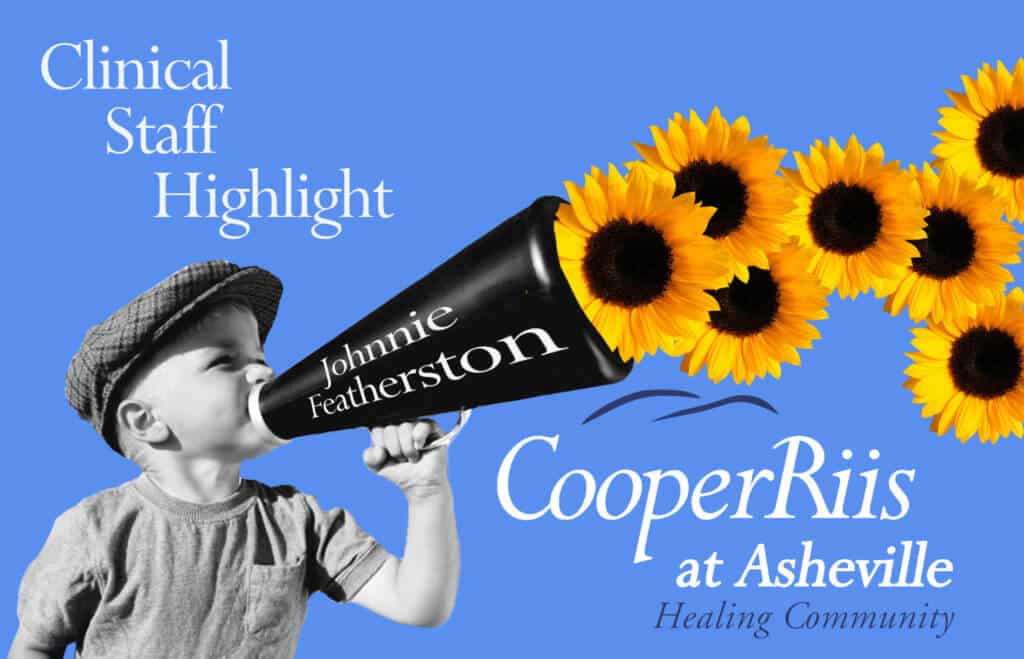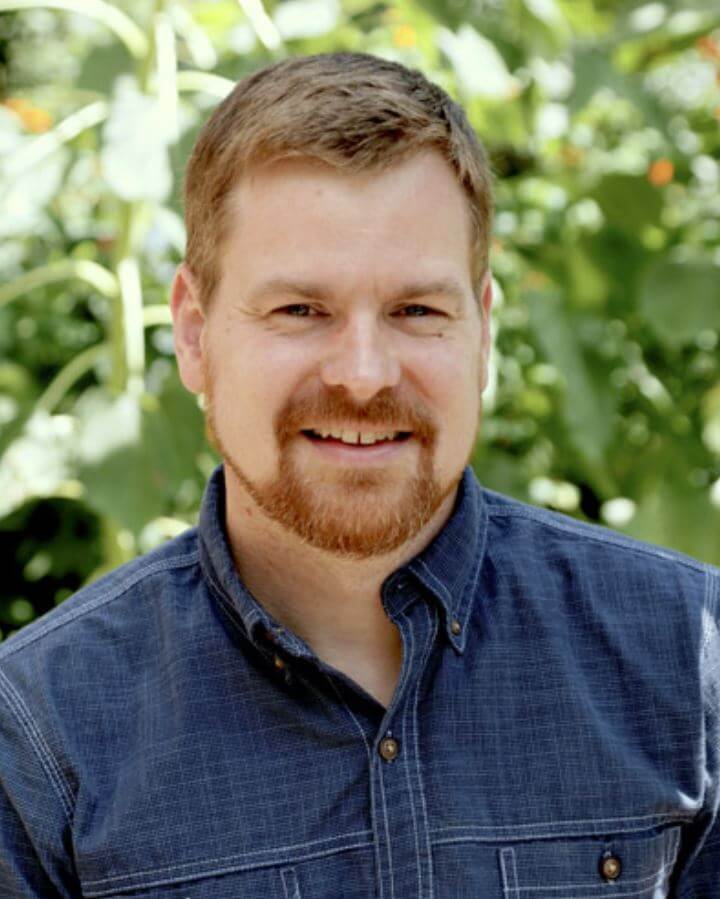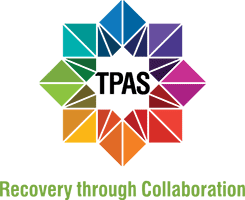
Can you tell us about your upbringing and undergraduate experience? Where are you from? We’re curious about your fondness for the Appalachian Culture as well.
I moved around a fair amount when I was a kid, bouncing around from Ohio, New York, West Virginia and Indiana. The majority of my growing up was in West Virginia and it is the place that I’ve always considered home. I grew up mostly in the southern part of the state and had a love for the area. My dad used to wake me up early on Saturday mornings and we’d go fishing or trekking through the woods or just driving through the mountains and farmlands looking for wildlife, catching crawdads in creeks, or looking for arrowheads in freshly tilled fields. My parents would take my brother and sister and me to various towns to go to courthouses or monuments or small festivals to look up and learn about family history and to enjoy the culture. We would eat lunch and watch the coal trains moving through the train yards. Much of my mom’s side of the family was from the Virginia/West Virginia region. I grew up feeling rooted to the area and culture and family tradition. When we moved away from West Virginia, southern Appalachia came with me. I love the mountains, the flora and fauna, the way the windy roads and lush landscapes draw you in to their warmth. It’s just home.

I graduated from high school in Indianapolis, and most of the colleges I applied to are in West Virginia. Through a series of connections and events I ended up completing the majority of my undergraduate schooling at Guildford College in Greensboro, NC. My parents were very spiritual, my father an Episcopal priest. During my undergraduate studies, I just went in any direction that drew me in. I left Guildford with a BA in Religious Studies and a concentration in Peace and Conflict Studies.
Music as a passion for you. Are you a musician? If so, what do you play and what style of music do you most enjoy?
I met Colette (who, coincidentally, also grew up in West Virginia) at Guildford. We married soon after college and moved to Asheville in 2001, an area that was close to home but was also exciting and in its infancy of progressive mindset and growth. I had always been drawn to music but began listening and playing guitar more earnestly. Though I have a wide musical palette, I felt a strong resonance with old time and bluegrass music traditions that I was exposed to in West Virginia and Asheville, and I began playing open mic nights with friends.
Can you please give us some background on your education and more specifically why you entered this field?
I have always been very empathetic and introverted and was always drawn toward introspection and the deeper underpinnings of life and the human condition. A number of factors drew me to a career in mental health. I have always wanted to do something meaningful with my life and make a positive impact in the world. I experimented with different ways of doing this—volunteering as a tutor for the incarcerated, interning in a youth leadership program and working for an environmental group, a congressional campaign, and labor union. However, I have always been more affected by the personal and intimate nature of human interactions. This, coupled with the various ways mental health challenges touched my life, led me to return to school to study psychology and the practice of psychotherapy.
I graduated from Naropa University with a Master of Arts Degree in Contemplative Psychotherapy. I love the way the contemplative approach integrates the pragmatic elements of eastern thought with the substantial developments in western clinical psychology.
Can you outline your previous work history in this field? You’ve been with CooperRiis for 11 years! How did you find CooperRiis and can you tell us about your various roles here?
I have worked in the mental health field for about 15 years in a variety settings and roles. I have worked with kids, adults, couples and families. I have worked in direct care roles in residential settings as well as providing therapy in outpatient and residential care and private practice. I started at CooperRiis in 2009 as a Recovery Coordinator and was excited to learn more about the progressive recovery paradigm. This model of support, which emphasizes the wisdom of each person and the possibility of a meaningful life for all, very much aligned with my values, beliefs and personal experience. As I became more adept at integrating the recovery approach into clinical care and leadership I became the director of our team of recovery coordinators at the farm. In this role I helped to shepherd the process of supporting residents in crafting Dream Statements and meaningful goals for their lives as well as working to integrate their families into the recovery process. As I deepened my clinical skills and experience with the model, I moved into a therapist position and took on a clinical leadership position in one of the community programs.
The work and joy of being part of the CooperRiis community led Colette (who worked with CWS) and I to become more firmly rooted in the area and decide to grow our family. Our son, Birch, spent his early years strapped to his mother working in the gardens, crawling through community meetings and being supported by the staff and resident community—an experience for which we will always be grateful.
After 4 years in Mills Spring, I transitioned to the Role of Clinical Director of our Asheville programs. During my tenure in Asheville I have worked to deepen our understanding of the recovery model and increase the range of support we can offer.
Can you share your thoughts on the new program? What are you most excited about?
I am excited to be part of this new programming initiative at CooperRiis. It is a significant departure from our current program and serves to fill a current gap in services. While maintaining the progressive recovery values of respect and hope; empowerment and self-efficacy; community; and collaborative, trauma-informed care; we will be able to offer more intensive and affordable services. It has been part of our mission to have a wider effect, and I feel passionate about being able to serve folks who are in need of more intensive care whether they are in early recovery or are experiencing setbacks with mental health and substance use challenges.








